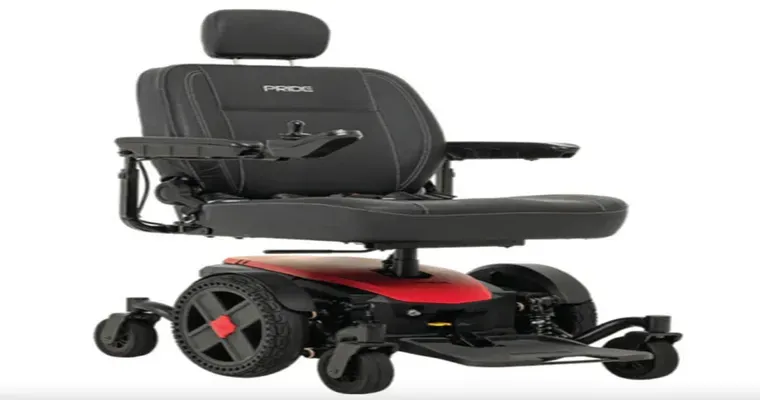Navigating the complexities of "Medicare coverage" can be challenging, especially when it comes to mobility aids such as a "specialized walker" and an "electric wheelchair". Many individuals who require these devices often wonder if Medicare will cover the costs associated with their purchase. Understanding the guidelines and eligibility requirements is crucial for patients and caregivers alike.
Medicare typically covers durable medical equipment (DME) when it is deemed medically necessary. A "specialized walker" may be covered if a doctor prescribes it as a necessary tool for mobility and improving daily living activities. The walker must meet specific criteria, such as being suitable for your condition and not being primarily for convenience.
To qualify for coverage, you will usually need a written prescription from your healthcare provider that includes documentation of your medical condition and the reasons for requiring a walker. It's essential to ensure that the walker is obtained from a Medicare-approved supplier, as this can impact coverage.
Once you have established the need for a specialized walker, you may later find that you require an "electric wheelchair" for enhanced mobility. Medicare does provide coverage for electric wheelchairs, but similar criteria apply. The wheelchair must also be deemed medically necessary, and your doctor must provide a prescription and supporting documentation.
Electric wheelchairs, often referred to as power wheelchairs, are typically covered under Medicare Part B. To qualify, the following conditions must be met:
1. You must have a medical condition that impairs your ability to walk.
2. You must have limited mobility that affects your ability to perform daily tasks.
3. A doctor must certify that an electric wheelchair is the most appropriate option for your needs.
It is important to note that Medicare may cover the cost of the electric wheelchair if you have already received coverage for a specialized walker, provided that both devices are medically justified. However, Medicare does not cover the full cost; beneficiaries are usually responsible for a portion of the expenses, which may include deductibles and copayments.
If you are considering applying for coverage of a specialized walker and an electric wheelchair through Medicare, it is advisable to consult with your healthcare provider and Medicare representative. They can help you understand the documentation required and guide you through the application process.
In conclusion, Medicare can potentially cover both a "specialized walker" and an "electric wheelchair", provided that you meet the necessary medical requirements and follow the appropriate procedures. Understanding your options and working closely with healthcare professionals can ensure you receive the mobility aids you need to enhance your quality of life.





